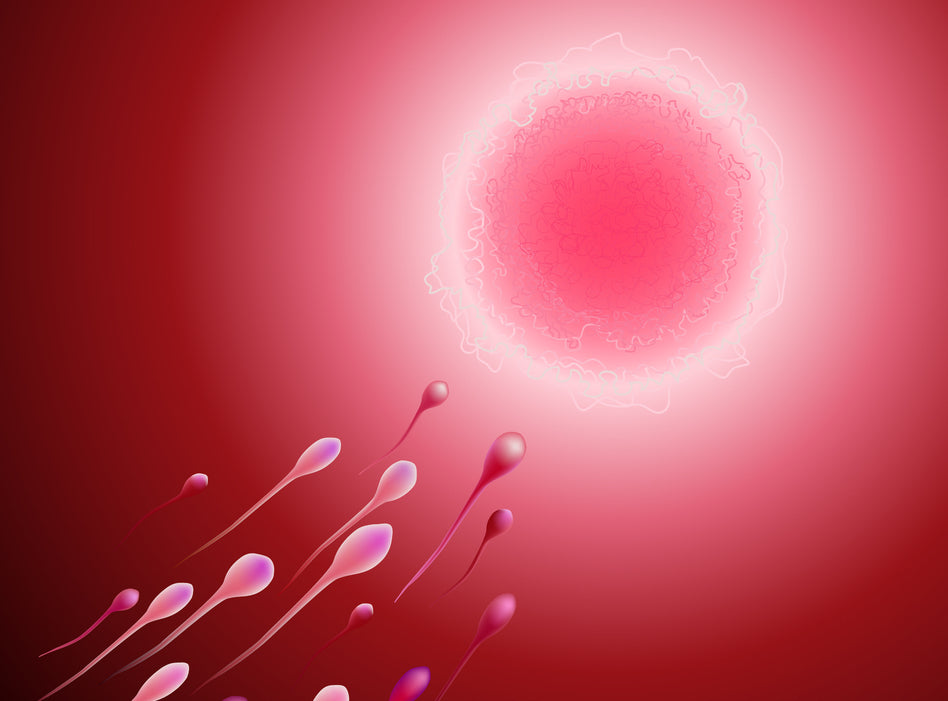Key Takeaways
- Ovulation (along with menstruation) is the crucial event in the cycle.
- Several hormones work together in the female body to make fertilization possible each cycle.
- In this article you will learn how to determine when you are ovulating and how to use this knowledge to get pregnant.
Ovulation is when the egg is released from the ovaries ready for fertilization. During the first half of the cycle, several follicles mature. But only one becomes dominant and releases estradiol, which leads to an increase in luteinizing hormone (LH). The dominant follicle then bursts and releases an egg. This egg remains viable for up to 24 hours.
When is the best time to get pregnant?
The best day to get pregnant is the day you ovulate, right? Not exactly. If you are planning a pregnancy, you should have unprotected intercourse 5 days before you ovulate. This is because the moment when the egg is released from the ovary, i.e. ovulation itself, only lasts a maximum of 24 hours. In the best case scenario, your partner’s sperm will already be...
Medically Reviewed
This text was created by medical editors on the basis of specialist medical literature and current studies. Our aim is to work scientifically, identify sources and regularly check that the content is up to date.
References & Literature
- Mihm, M., Gangooly, S., & Muttukrishna, S. (2011). The normal menstrual cycle in women. Animal reproduction science, 124(3-4), 229-236.
- Werny, Friederike, and Stefan Schlatt. "Reproductive Function of Women." Human Physiology. Springer, Berlin, Heidelberg, 2019. 964-969.
- Tiplady S. et al. Human Reproduction. (2013) 28(1): 138-151.




